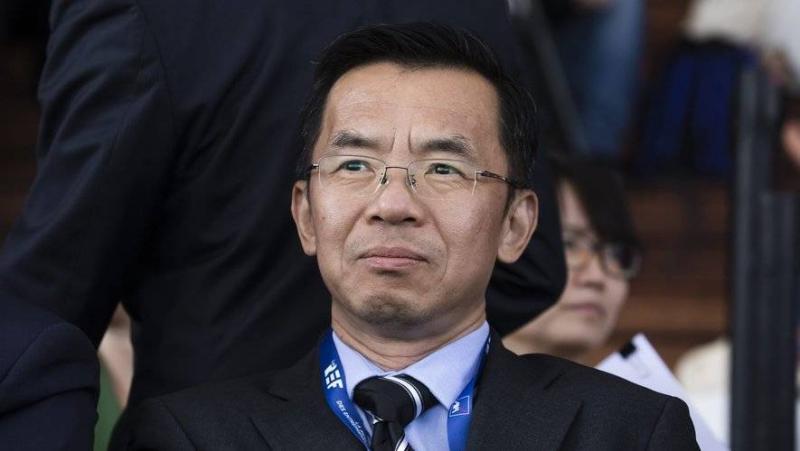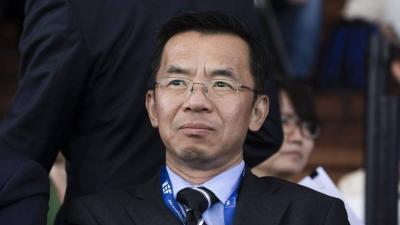A French official announced today, Monday, that the Chinese ambassador to Paris, Lu Shaye, will receive a "very stern" report at the Ministry of Foreign Affairs. Recently, Ambassador Lu Shaye stated that former Soviet states, such as Ukraine, do not have "actual status in international law," prompting the foreign ministers of several EU member states to describe his remarks as entirely unacceptable.
Before a meeting of the EU foreign ministers in Luxembourg, Czech Foreign Minister Jan Lipavsky remarked, "These are entirely unacceptable statements... I hope the leaders of this ambassador will correct these matters." Lithuanian Foreign Minister Gabrielius Landsbergis also noted that the three Baltic states, which were part of the former Soviet Union, would summon Chinese representatives later today to formally request clarification and verify whether China's stance has changed. Luxembourg’s Foreign Minister Jean Asselborn described the Chinese ambassador's comments as a "serious mistake," indicating that efforts are being made to calm the situation.
On its part, Chinese Foreign Ministry spokesperson Mao Ning stated that Beijing respects the status of the former Soviet Union states as sovereign nations. She emphasized that her comments regarding sovereignty represent the official stance of the Chinese government and that China is "objective and neutral" on sovereignty issues.
The Chinese Embassy in France indicated in a statement that Lu Shaye's remarks were a reflection of his personal view and do not represent Beijing's official position, and should not be over-interpreted. European Union foreign policy chief Josep Borrell remarked that the bloc will "evaluate and readjust its strategy towards China" at today's meeting, adding that Lu's statements will be part of the discussions. He noted, "We will need to continue discussions about China; it is one of the most important issues in our foreign policy."




